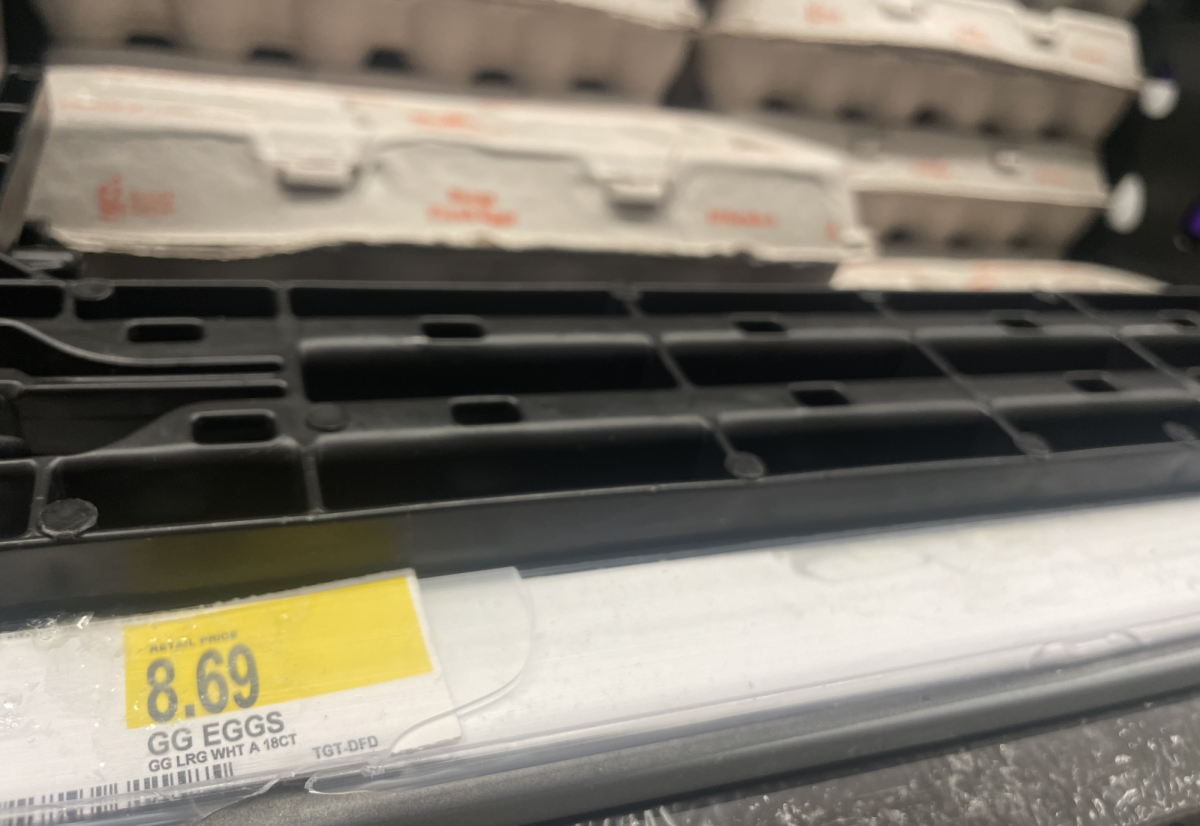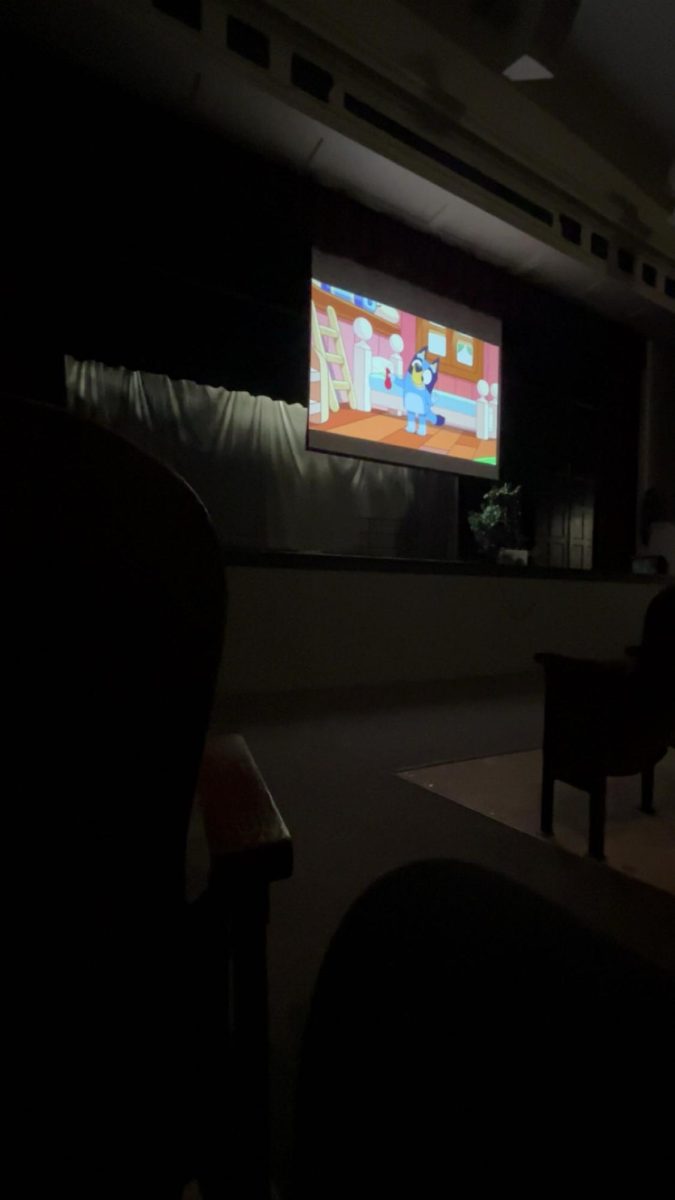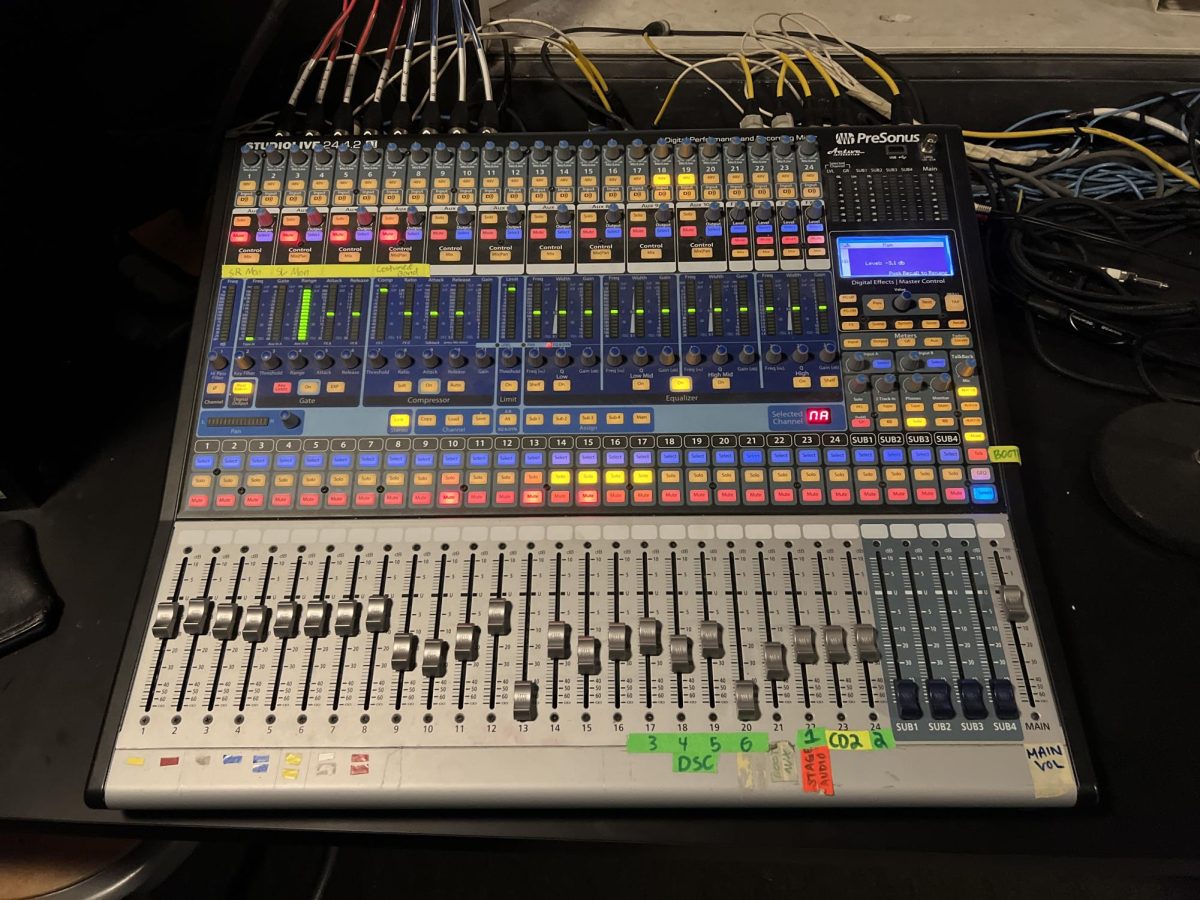Since the mass shooting at Columbine High School in April of 1999 that claimed thirteen lives, there have been 149 shootings at elementary, middle and high schools across the United States. With an average of 10.6 shootings per year, nearly a quarter of which were perpetrated by outsiders, schools are ramping up their crisis management in order to keep their students safe in any type of dangerous situation.
MFS adheres to the New Jersey state requirement that all schools hold one security drill each month. But exactly how much does this method prepare students and faculty for a potential threatening situation?
Lisa Carbone-Warren, Director of Finance and Operations and leader of MFS’ crisis control plans, said she believes that MFS is prepared for any type of endangering situation: “We have developed a Crisis Plan that includes policies and procedures related to a variety of emergency situations,” she said. “Additionally, a Safety Committee met last year to perform a security ‘audit’ of our campus and buildings.”
As part of the audit, all doors are locked during the school day, with the exception of the entrance to the dining hall and the front door to Stokes Hall. There is a sign-in procedure for all visitors entering Stokes Hall, and classrooms can be locked down quickly by faculty from inside the classroom without going into the hallway.
Increased safety procedures have the potential to be perceived negatively at a school such as Moorestown Friends. The school puts such a heavy emphasis on providing an open community for its students and faculty, but those students and faculty are also entitled to an equally safe atmosphere to spend their school days.
“We continue to consider the pros and cons of an ‘open campus’ as contrasted to a ‘closed campus,’” Carbone-Warren said. “It is important to MFS to have a certain degree of openness, so how would locking the Stokes Hall front door, for example, make the school more safe if we are permitting students to play outside during lunch, go off campus to Starbucks, and walk to Hartman Hall? And does locking the Stokes Hall front door really make the school more safe, in light of recent school incidents where the locked door did not prevent a tragedy?”
One safety measure that has been suggested is extending the access granted by Hartman Hall key cards to all buildings on campus, including Stokes Hall and the Dining Hall. If students and faculty are granted access to a secured building with a key, some argue the school may be less susceptible to a dangerous situation. But, Carbone-Warren says that although universal key cards have been considered, nothing is in the works on that front. “At this time we are not planning to extend the use of security cards to other doors of the main campus,” she said. “We have found that the students do not use them as they should and so we are looking at other options.”
Carbone-Warren added that there is a high cost associated with equipping doors with electronic locks and issuing new key cards to students each year.
For Moorestown Friends, the unique security situation doesn’t have an easy solution, and questions are sure to persist as dangerous events occur throughout the country. The school hopes to maintain its reputation as an open and welcoming facility, but it also hopes to ensure a safe environment for the students and faculty it inhabits.






